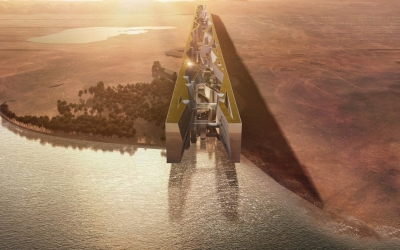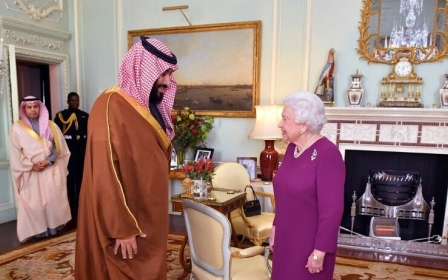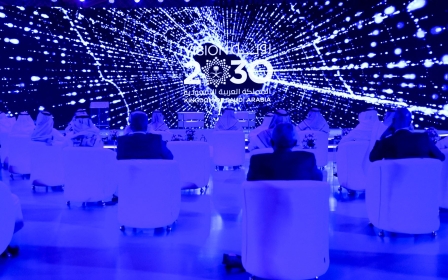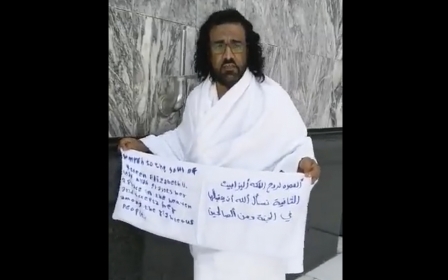Saudi megacity Neom will serve alcohol on beach resort island, says report
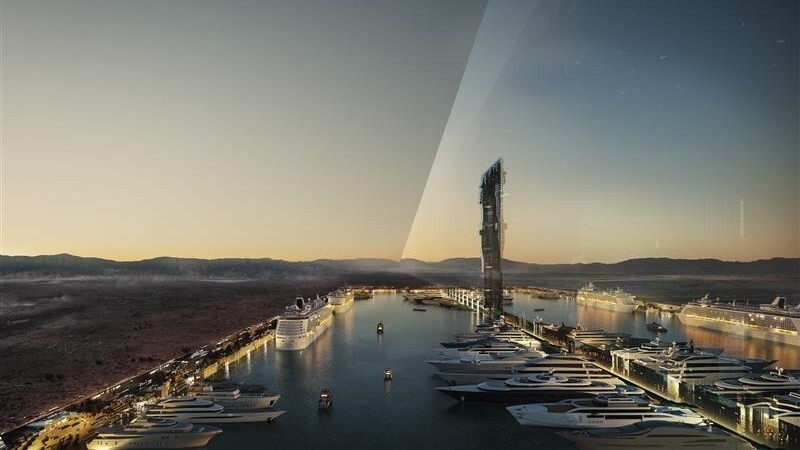
Saudi Arabia's $500bn megacity Neom is planning to serve alcohol at a beach resort set to open next year, according to a report in the Wall Street Journal.
Documents seen by the WSJ reveal that a premium wine bar, a cocktail bar and a "champagne and desserts" bar will be part of a Red Sea island called Sindalah, set to open in 2023. There will also be a retail wine shop with a "striking vertical wall display".
The consumption, importation, brewing and selling of alcohol is completely banned in the Gulf kingdom, punishable by fines, lengthy imprisonment and flogging.
Images in a plan for the beach resort island showed cocktails being poured in front of what appear to be bottles of vodka, whiskey and wine. Other images in the document feature women in bikinis and shirtless men in yachts and swimming pools.
Sindalah "will ignite the Red Sea as a new destination for superyachts and attract some of the world's most affluent and influential people", according to the document.
In May, Saudi Arabia denied reports that Neom would have its own special status, akin to a "country within a country", where the consumption of alcohol would be allowed.
Andrew McEvoy, the former head of tourism at Neom, had previously suggested that the allowance of alcohol was not "off the table".
Saudi authorities affirmed that residents of Neom would be subject to the kingdom's sovereignty, but it would have its own economic legislation.
The new Saudi megacity, which organisers claim will be 33 times the size of New York City, is planned to include a 170km straight line city, an eight-sided city that floats on water, and a ski resort with a folded vertical village, among other grandiose and architecturally challenging projects.
Earlier this week, Middle East Eye reported that two members of the Howeitat, a tribe in Saudi Arabia forcibly displaced to make way for Neom, had received 50-year jail sentences over their protests against the project.
MEE was told that water and electricity supplies were cut from Howeitat residents as part of a concerted campaign by Saudi authorities to drive them out of their lands, and drones were deployed to have them under surveillance.
Middle East Eye propose une couverture et une analyse indépendantes et incomparables du Moyen-Orient, de l’Afrique du Nord et d’autres régions du monde. Pour en savoir plus sur la reprise de ce contenu et les frais qui s’appliquent, veuillez remplir ce formulaire [en anglais]. Pour en savoir plus sur MEE, cliquez ici [en anglais].


